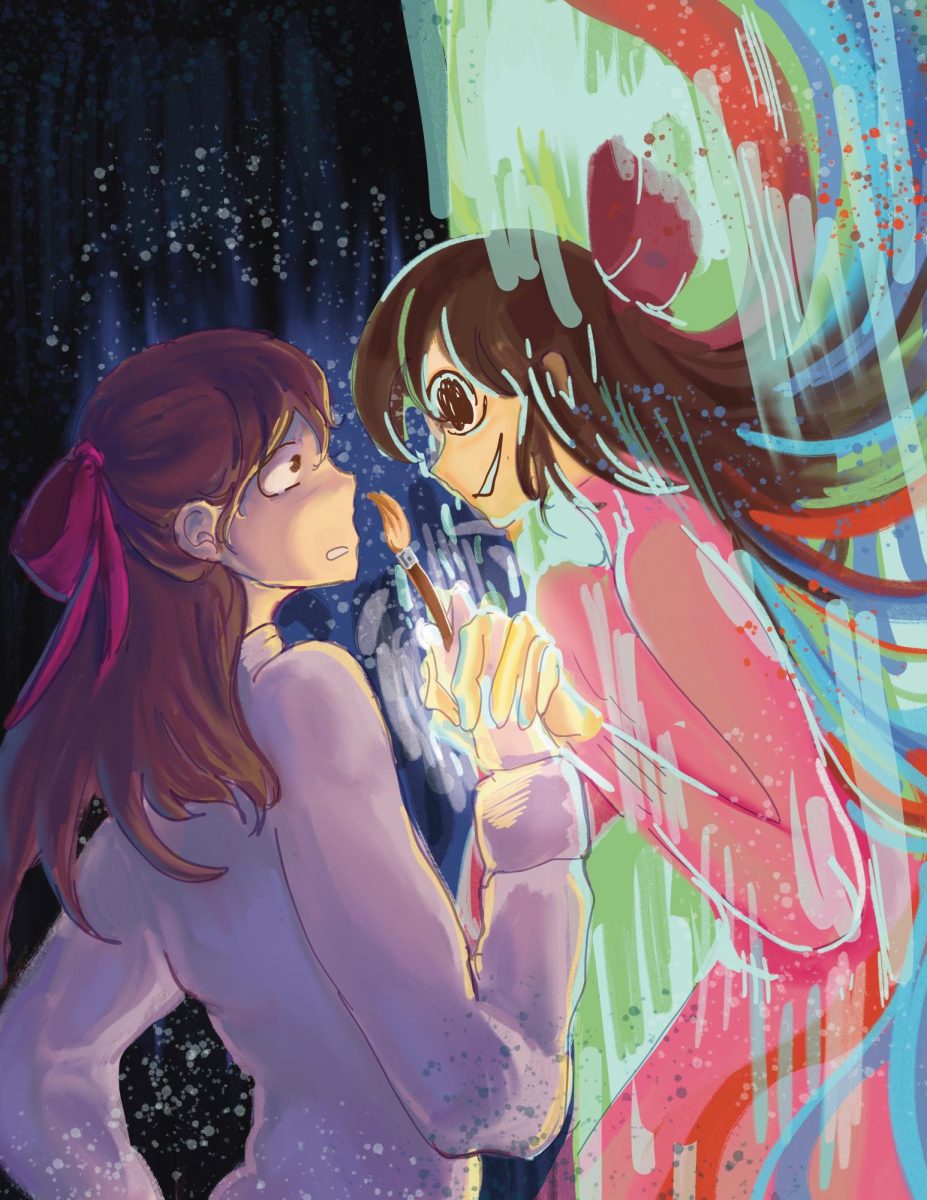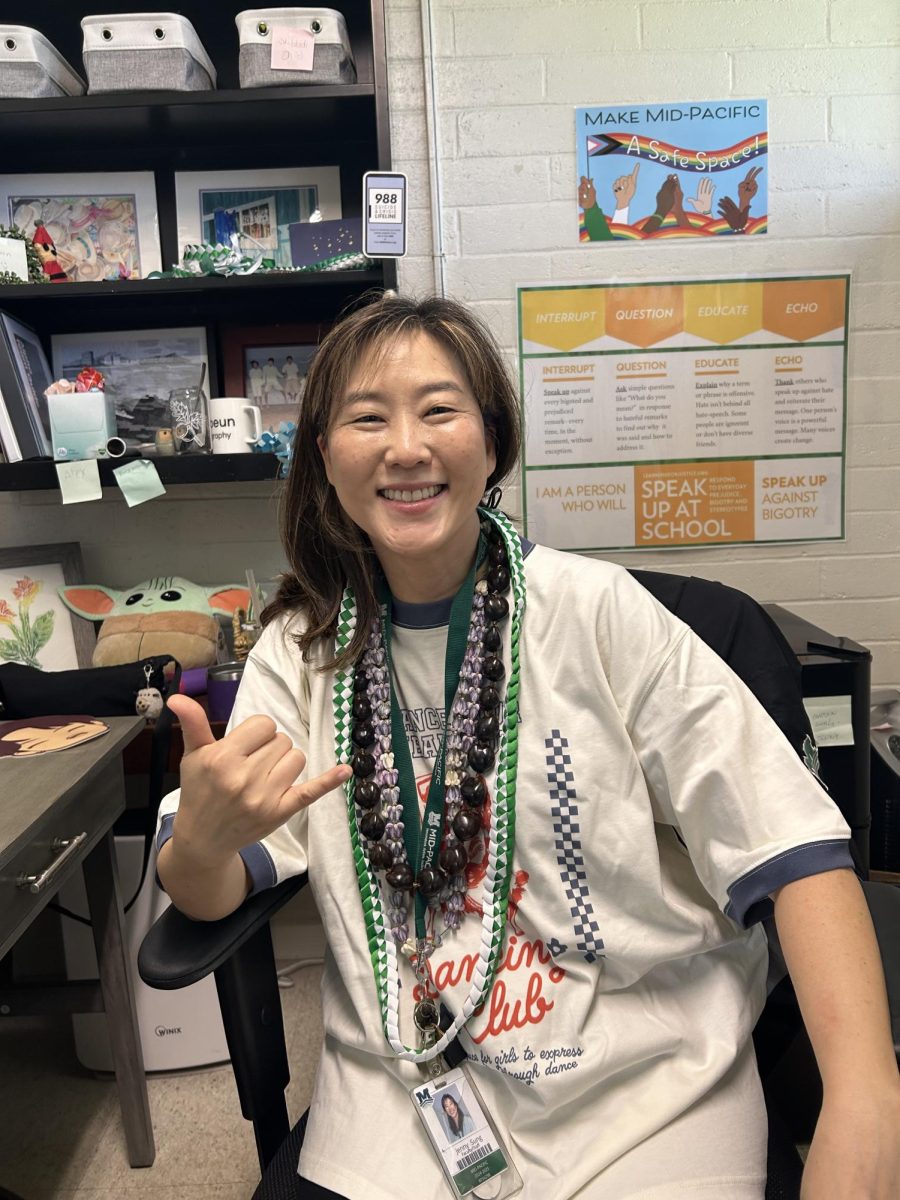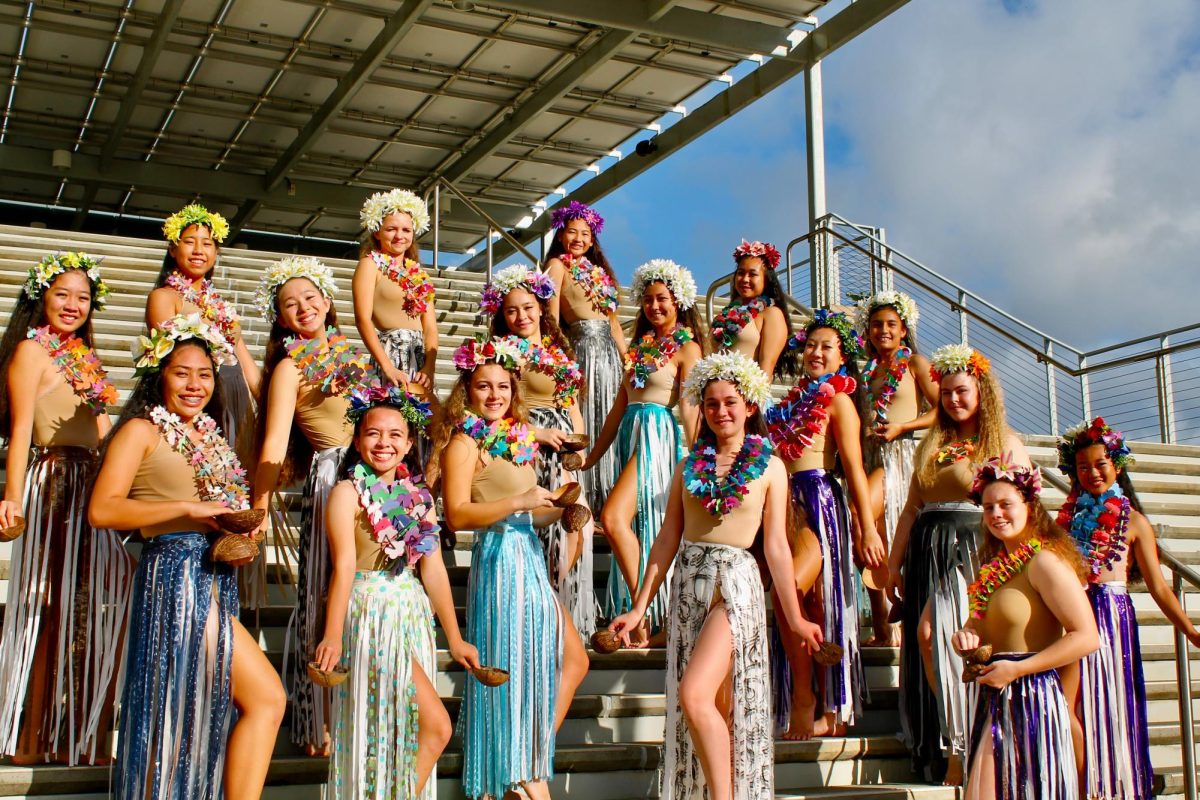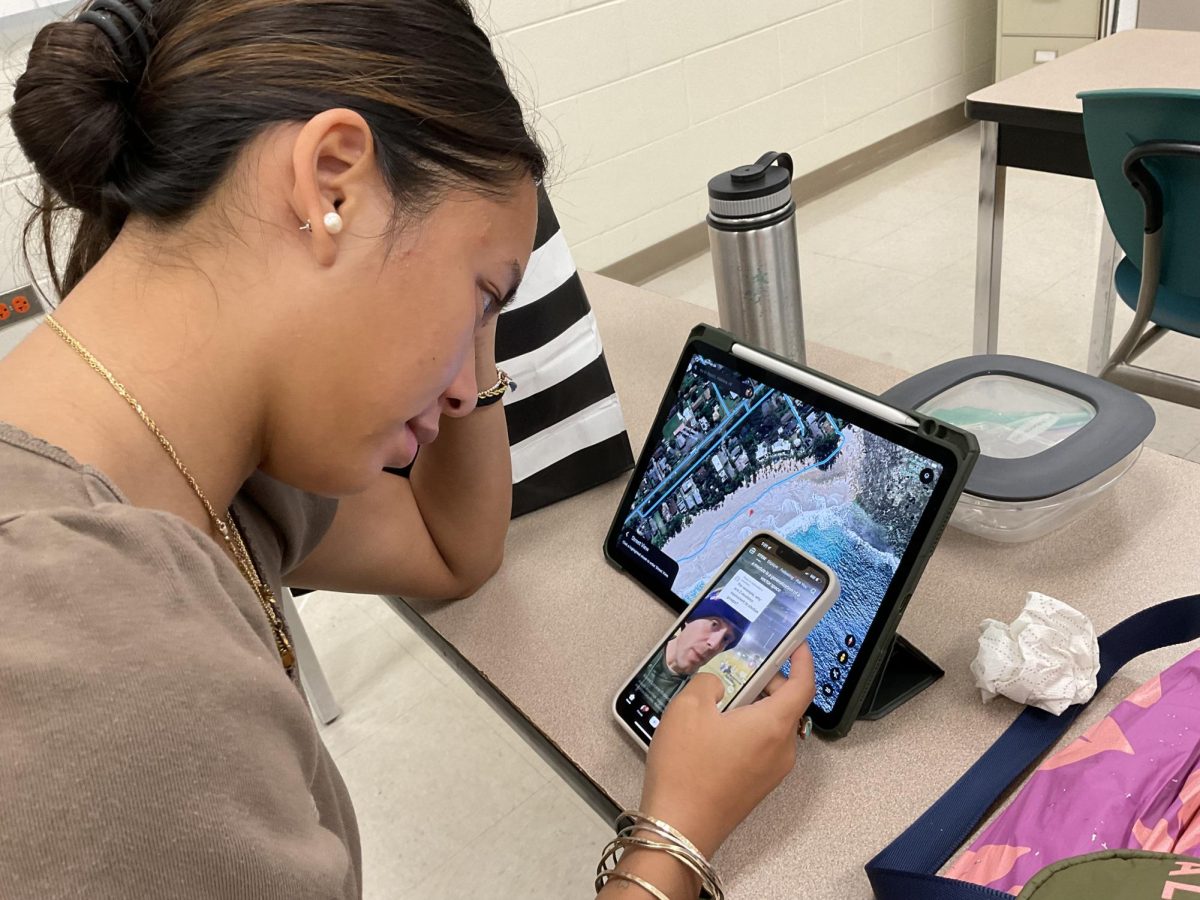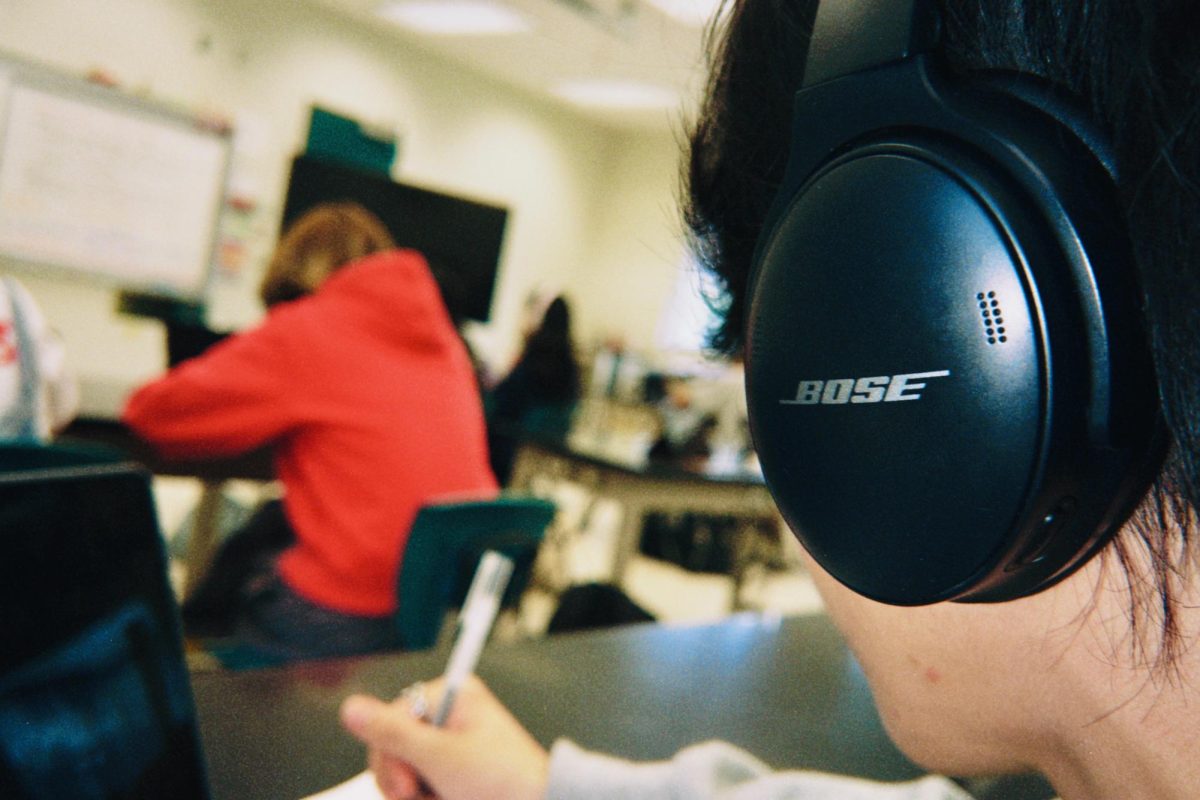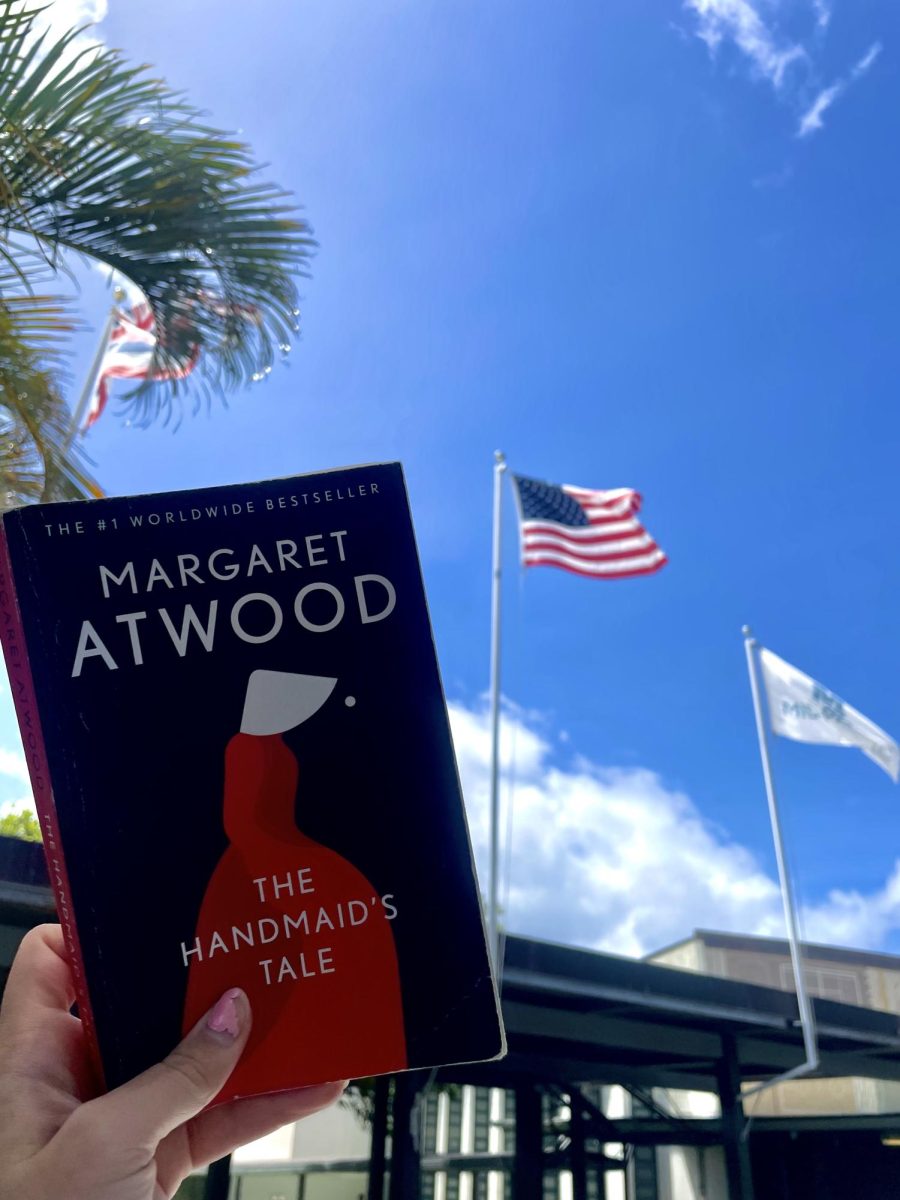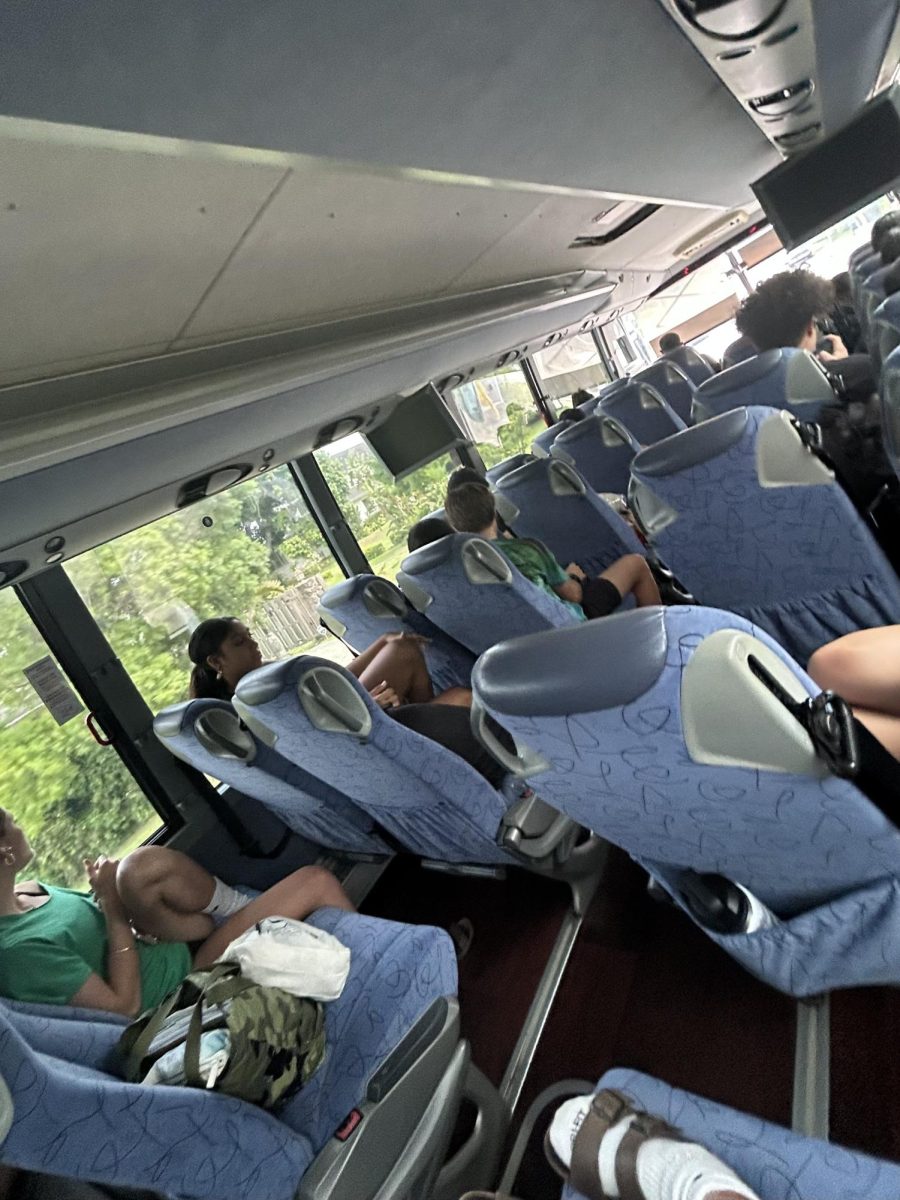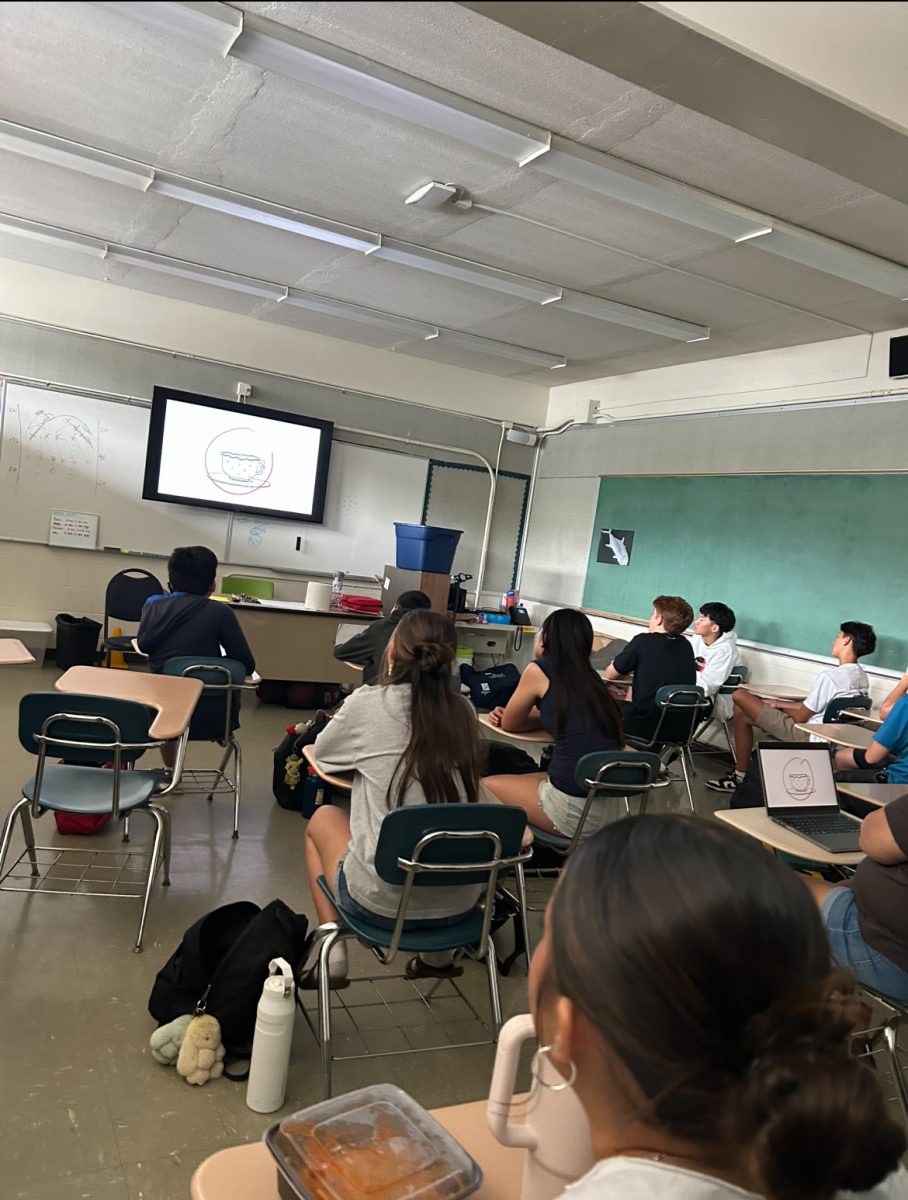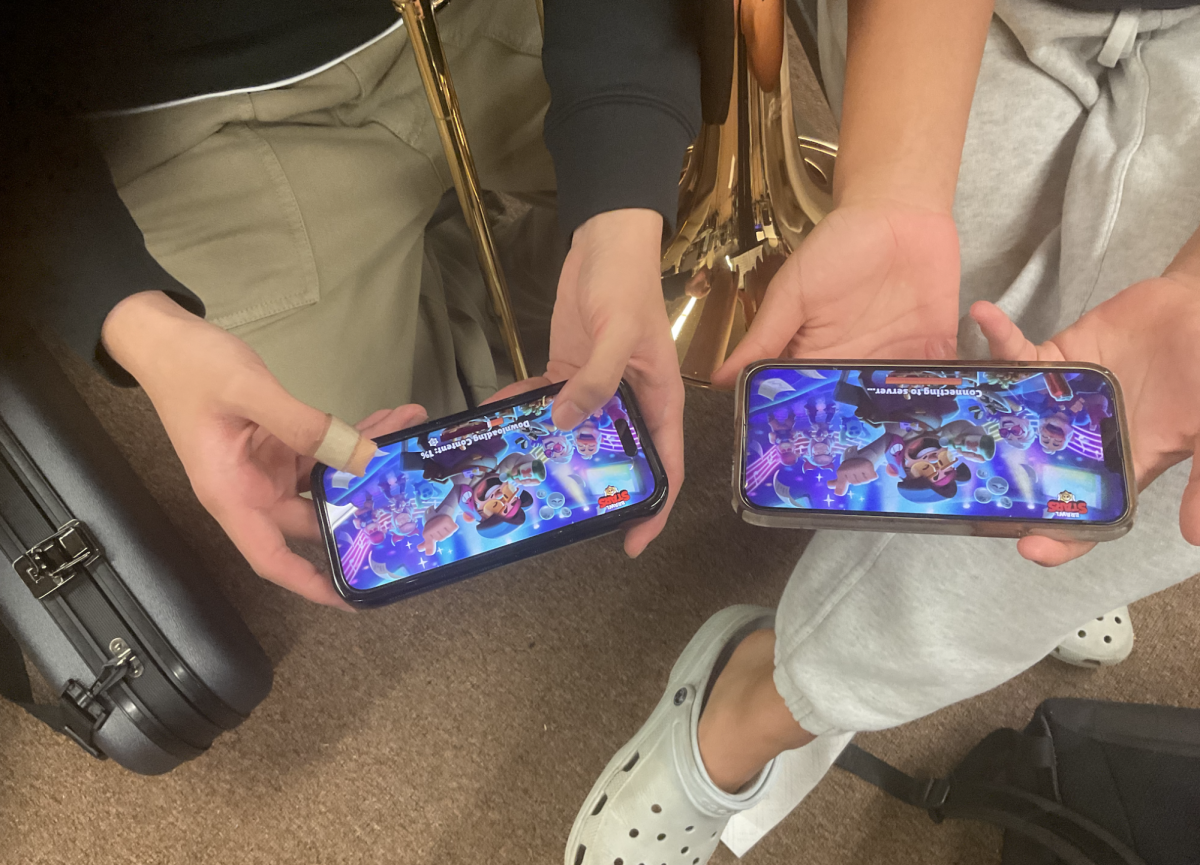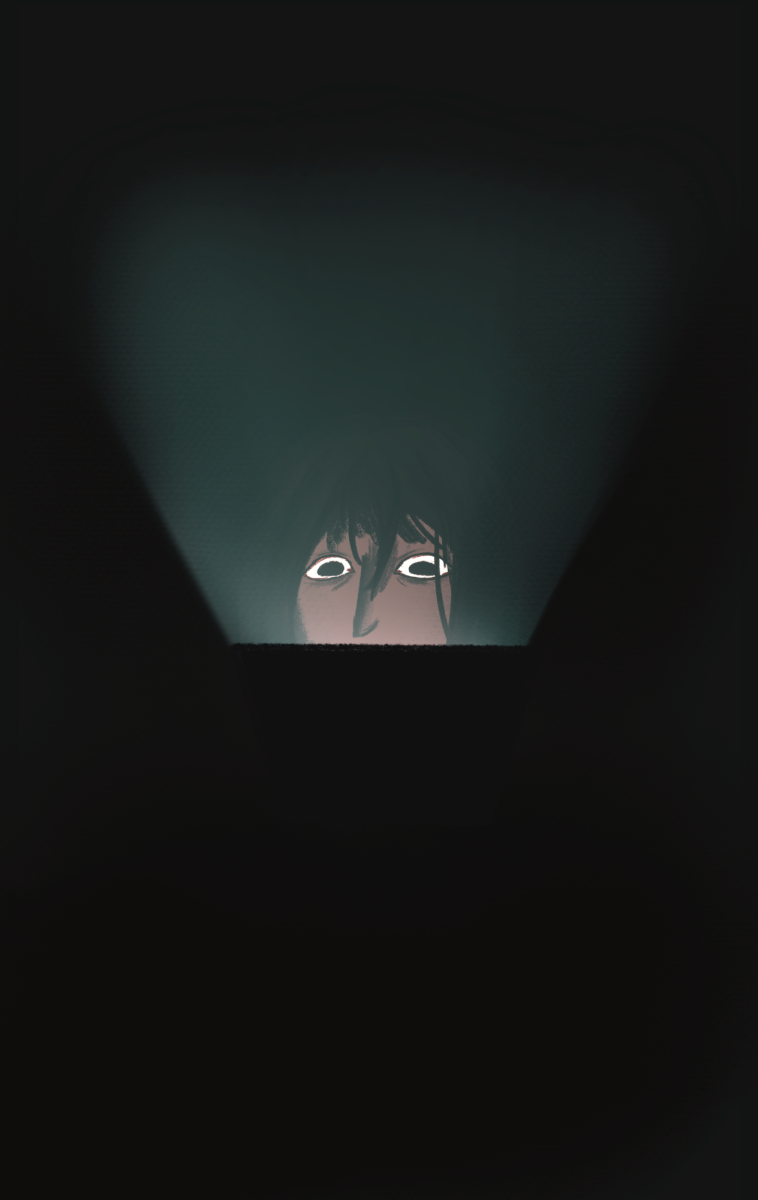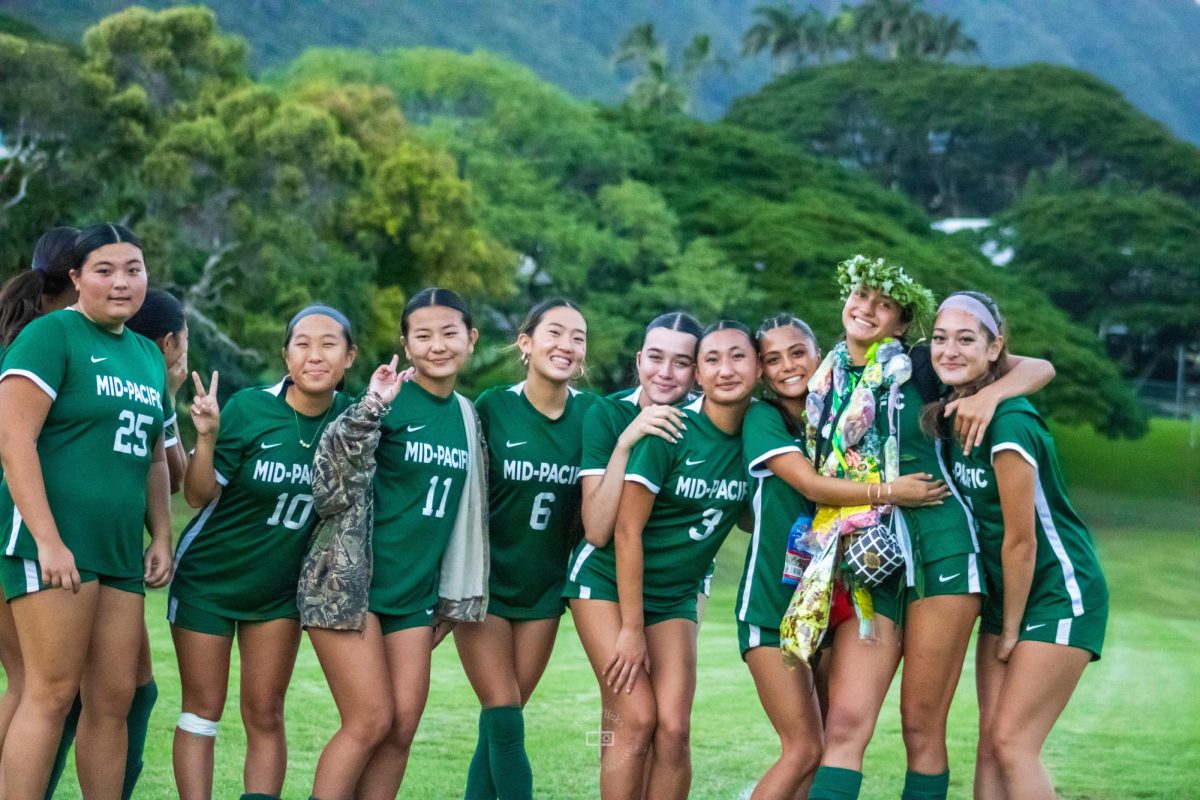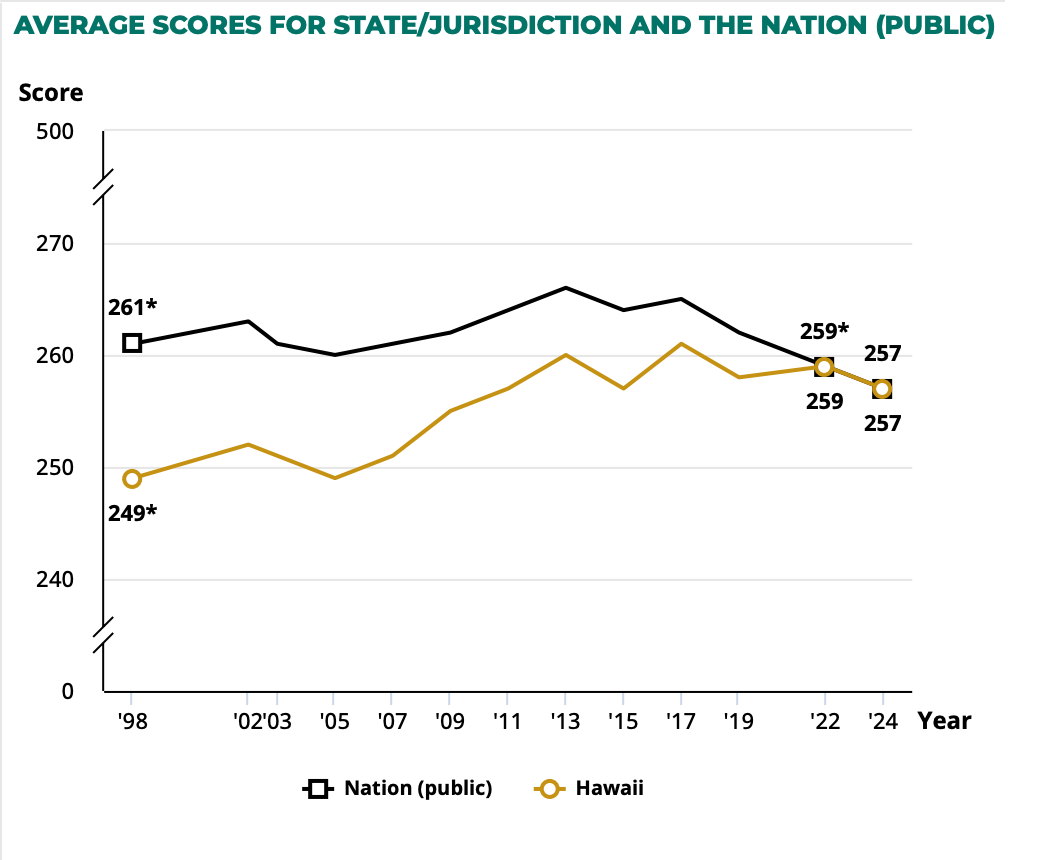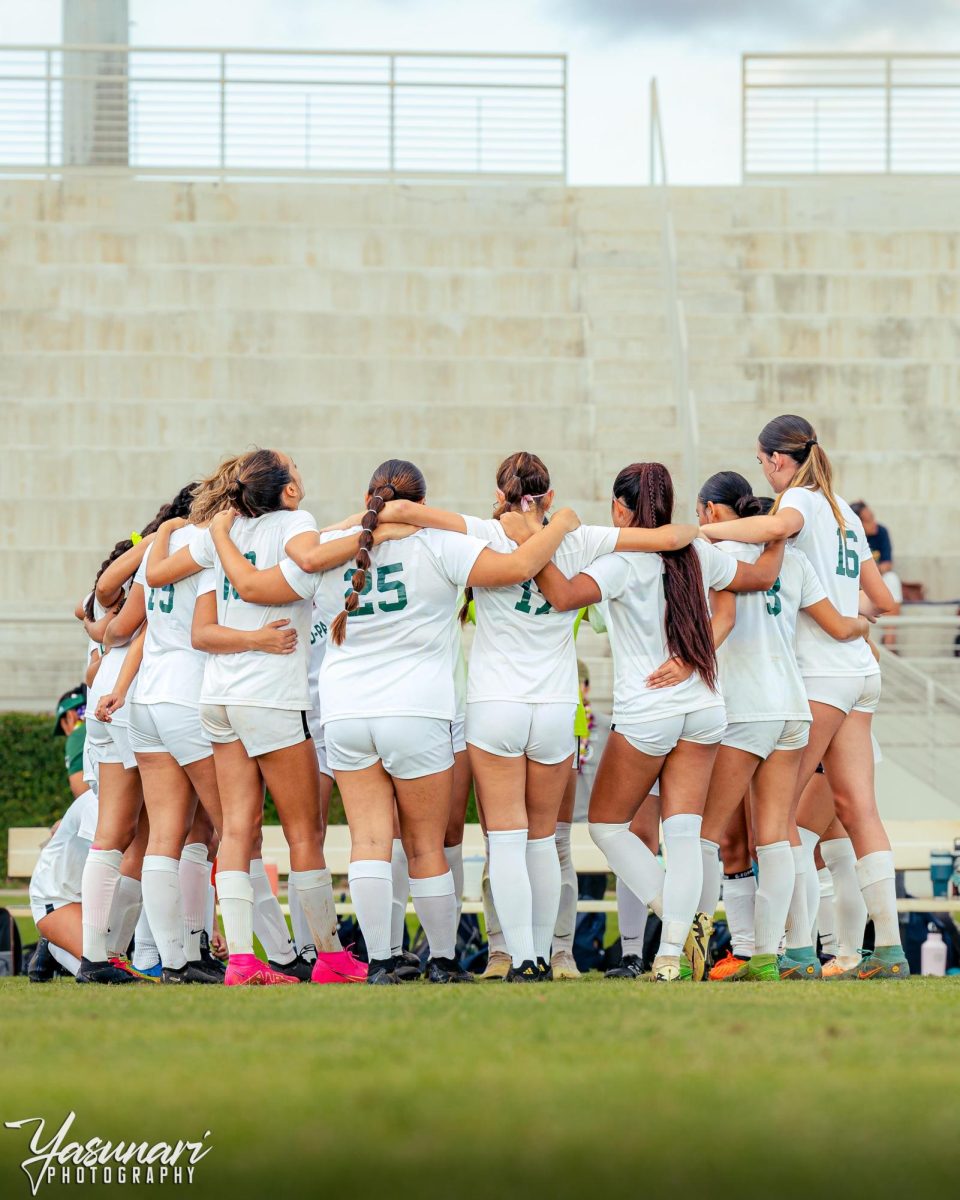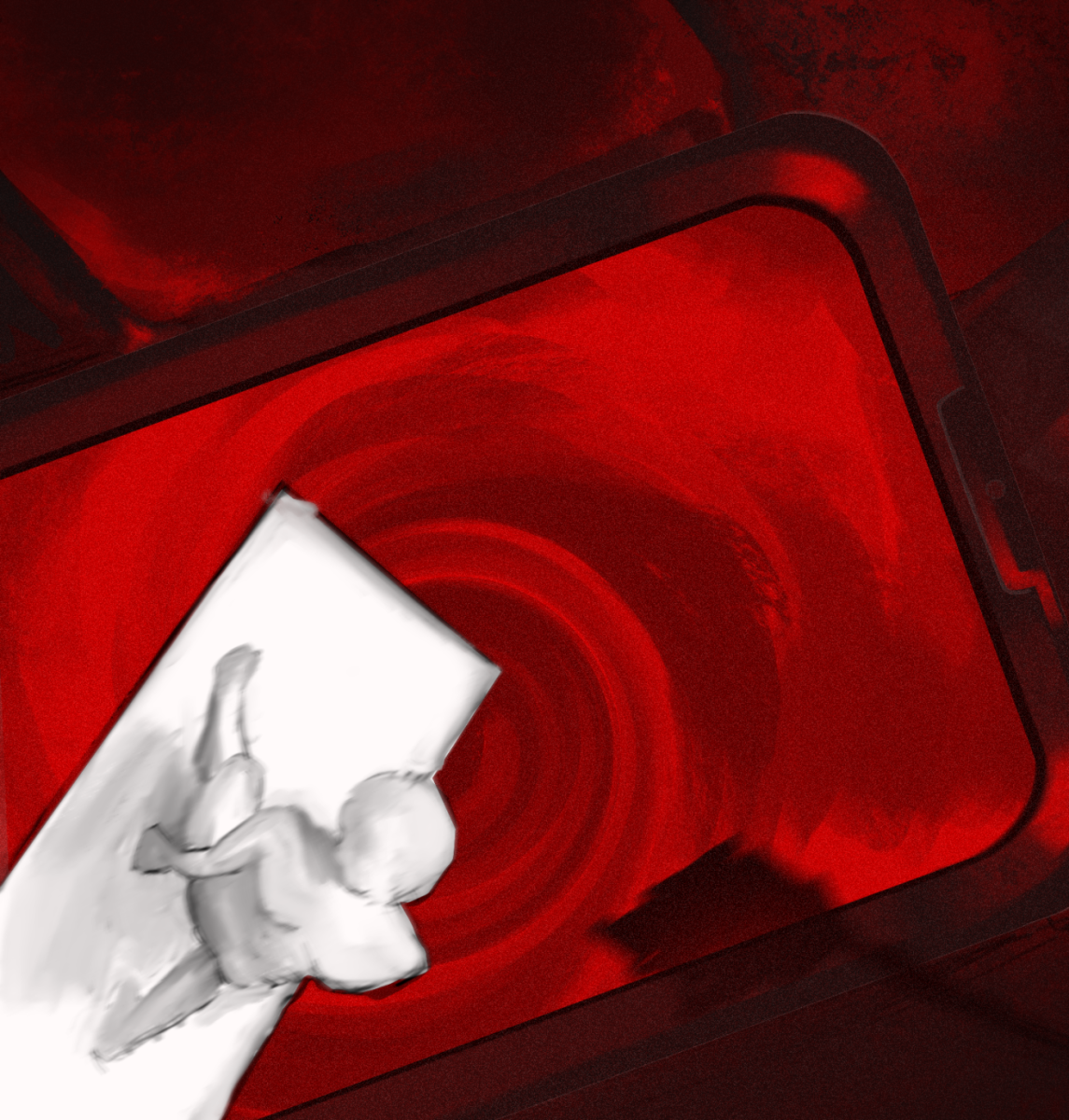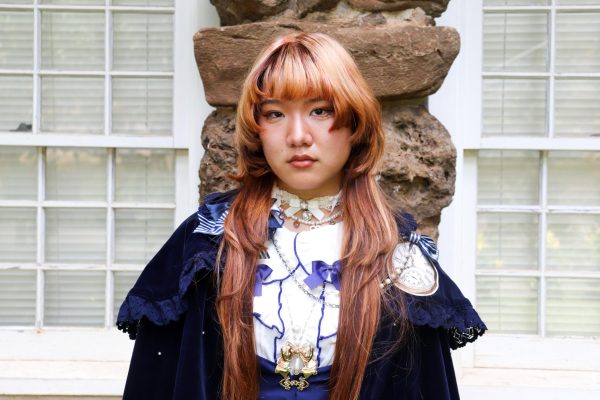AI generated images have progressed far past its time of misshapen limbs, abstract cityscapes and additional fingers or toes. As technology advances to rival human work and the means to produce this content becomes more accessible, AI art has made a home within the industry and trend cycles.
Recently, there has been a great demand for AI art for personal use, seen in the popularity of the Ghibli-style and action figure trends. Within seconds, people can see their selfies, photos and even their favorite memes in the art style of the Ghibli movies or picture a miniature version of themself alongside items representing their strengths all packaged within a toy box.
“It's much different for people who are not non artists. It seems like this fun thing, this new trend and you can make your own emojis and make cool art, but they don't understand how much it affects the [art] community. We put our blood sweat and tears into these works, we post online for others to see and that work is stolen to strengthen this database that is going to end their jobs and their dreams,” freshman Emma Chang said.
AI artwork is created from generative AI, which recognizes patterns in its large dataset and uses that information to produce an image that fits the given prompt. These databases are typically scraped from sources such as the public domain, movies and animations, and social media platforms like ArtStation.
While the legality of AI’s scraping is considered a grey area, depending on whether the website’s guidelines are respected and the specifics of how it is done, many consider this theft.
While most consider these trends to be harmless and fun, it also shows how little art has been reduced to. Because people are so used to passing through content, whether it be short-form videos on social media or the rapid boom and bust cycles, art and its process is devalued.
“A lot of conservative arguments around AI art is ‘they were making all these beautiful pieces in the Renaissance, why do we have anime and other degenerate content?’ But those renaissance artists were being paid a full living wage and had the luxury of time and sponsors who appreciated and understood the artistic process,” Digital Arts teacher Tobi Kishimoto said. “A lot of people [now] have become separated from the arts. There’s so many who don’t get what art is and they don’t think that they could do it or gain an appreciation for it. It’s with that mindset that art becomes just a product.”
Large companies like Coca Cola, Nike, Starbucks, and BMW have used AI in recent ad campaigns. The look of the campaign would not have been poorer had the company hired and supported artists, but they presumably decided that maximizing profit and time is more important than providing opportunities to human beings.
Many who support AI art use the argument that AI is not supposed to replace artists, but instead provide the opportunity to create to more people. However, while this message may resonate with some, its usage is undeniably being aimed to do exactly that.
“Technology can be both a blessing and a curse. I would say [AI] is cool, a robot making these art pieces, but I feel like the whole point of art is to reflect the artist,” junior AJ Rudometkin said.
Art will mean something different to every artist, but at its core, it is a way for the artist to express some aspect of themself. From the concept to the process to the final result, life is breathed into the work by human creativity and exertion.
“I love being able to create whatever I want and I feel like art is very accessible because you can find paper and pencil anywhere. You can start from anywhere. I feel like AI is showing the new generation that you don't have to put in the hard work and just give it to you instead of [making you] work hard to become the level that you want,” Chang said.
This mentality that art needs to be to the caliber of the masters of the past in order to be valuable stops many before they try. Art is not a gift, but a labor, a skill built up over time.
“I just hope that the artists out there don't lose their passion for art because some computer can do it for them instead. Yes, it's accessible, but you should still put in the effort because you can. It's still something to be proud of. AI cannot be proud like that,” sophomore Kourtney Okutani said.

